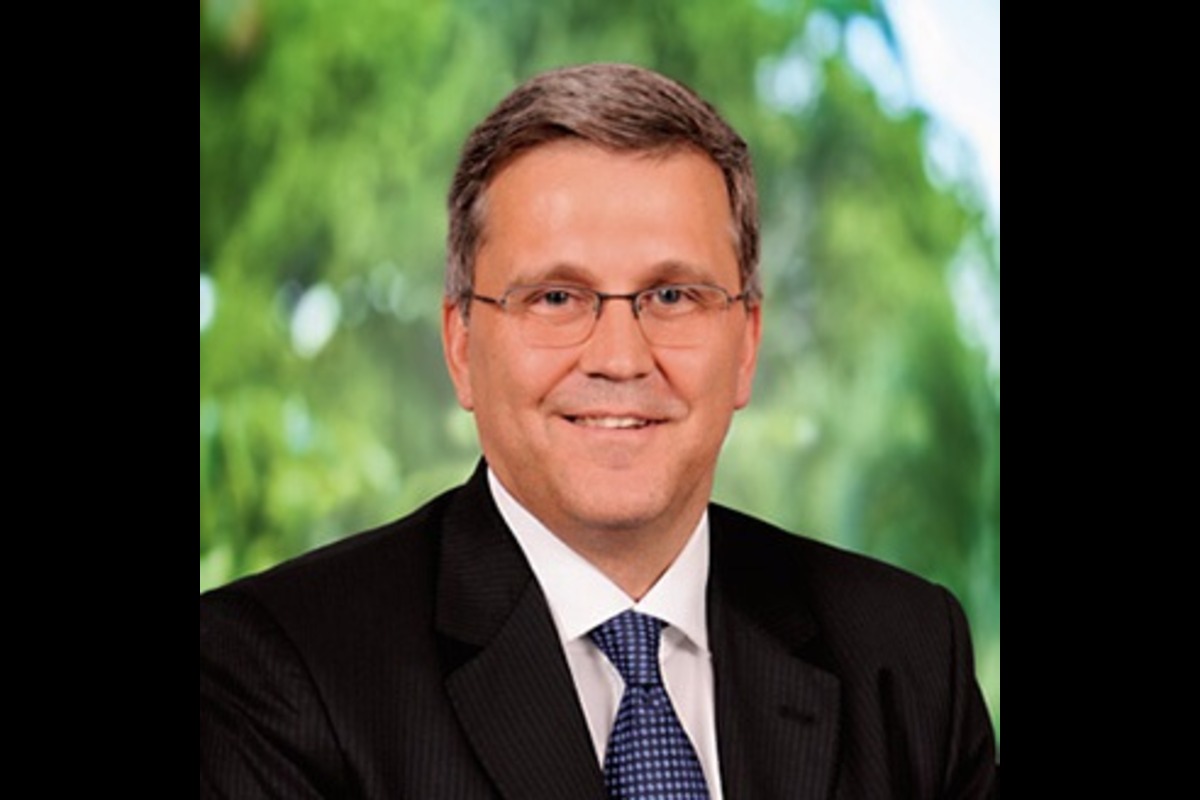The company sees electrification growing in commercial vehicles, especially buses


By Décio Costa/ Translated Jorge Meditsh
At least one of the technological routes toward mobility to be adopted by the country is already on BorgWarner’s radar. Among the various solutions for the Brazilian scenario, the bus electrification trend is the most visible for the company. To meet the future demand, the company is studying to localize battery assemblage in Brazil.
Arnaldo Iezzi Jr., vice-president and general manager of BorgWarner PowerDrive Systems in Europe, works with a 400% expansion estimate for electric commercial vehicles from the current position in the next five years.
“The bus shall have the major share in this growth. We have a global battery supply contract with a segment manufacturer that also operates in Brazil”, said Iezzi in an online interview.
The executive estimates a period from three to four years to start the operation, initially by importing cells and the battery and system management being assembled here. “Until then, we are looking for new businesses to grant volume and reduce costs.”
Iezzi also remembers that the country is the world’s fourth largest commercial vehicle market, with an immense potential to produce battery cells. “Brazil has ample natural resources of essential raw materials to produce batteries, such as lithium and nickel, which makes the investment opportune.”
Present at the IAA Transportation 2022, BorgWarner exhibited its most recent solutions for the automotive industry. Among its highlights, the company showed plane battery modules up to 12 cm thick. The component can be assembled on top of each other and provide from 350 V to 750 V and useful power of 40 kWh. The development aims at the light commercial vehicle and bus segment.
Conta envolve 175 unidades do eO500U fornecidos ao município de São Paulo no ano passado
Ex-General Motors, Andrea Serra assume o cargo recém-criado por Igor Calvet
Exibida no Salão de Xangai, tecnologia deve começar a ser oferecida comercialmente em três anos
Ainda um protótipo, modelo será o principal destaque da marca na feira do interior paulista
O CEO e presidente da empresa na América Latina, Gastón Diaz Perez, participou do 5º…
Empresa está iniciando processo de credenciamento de pontos para atender carros elétricos